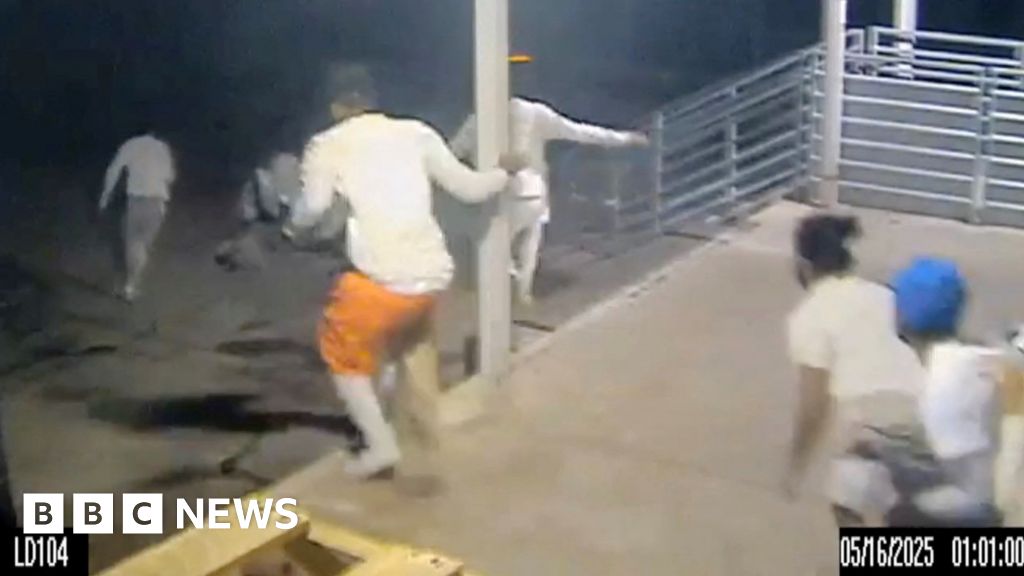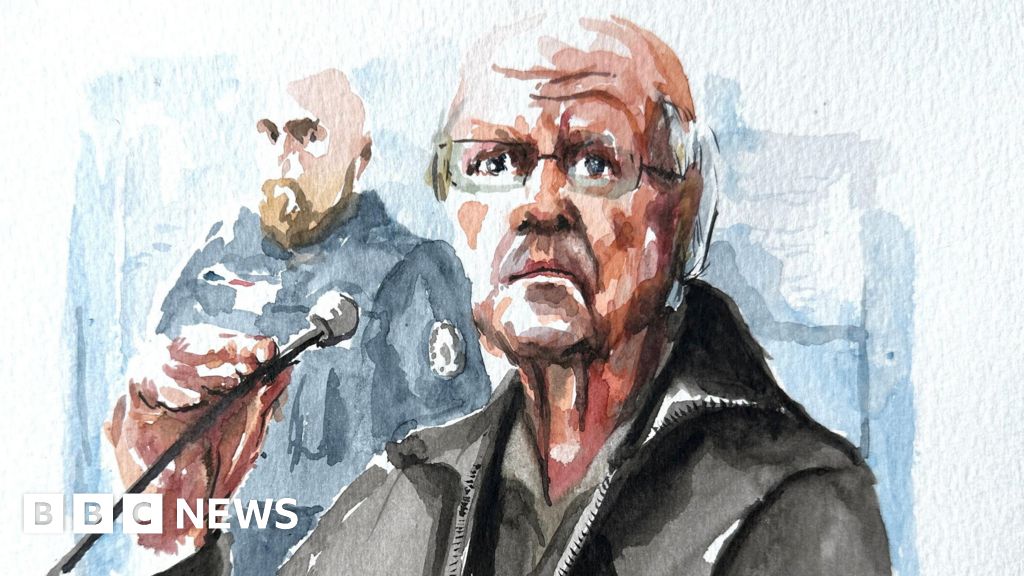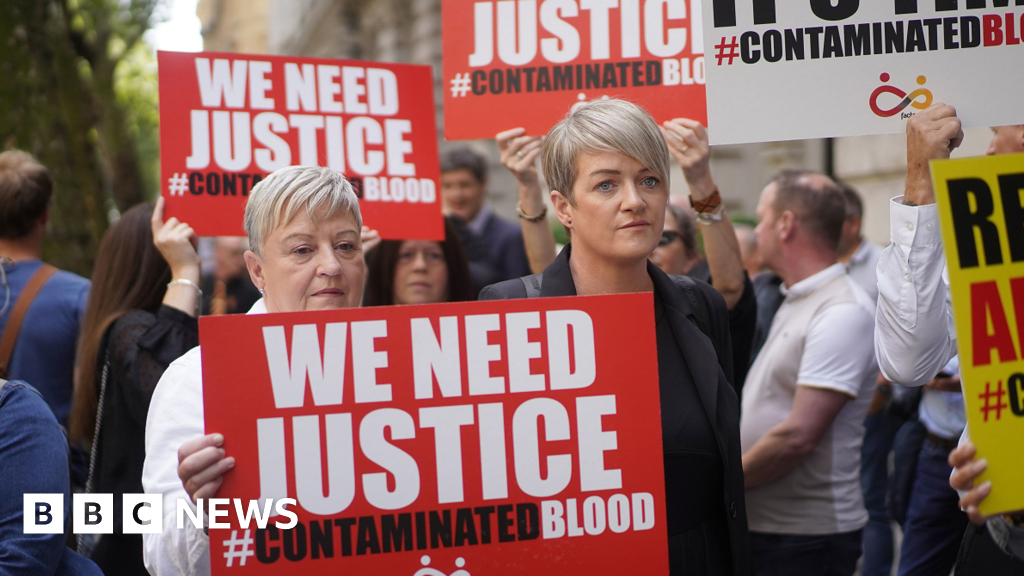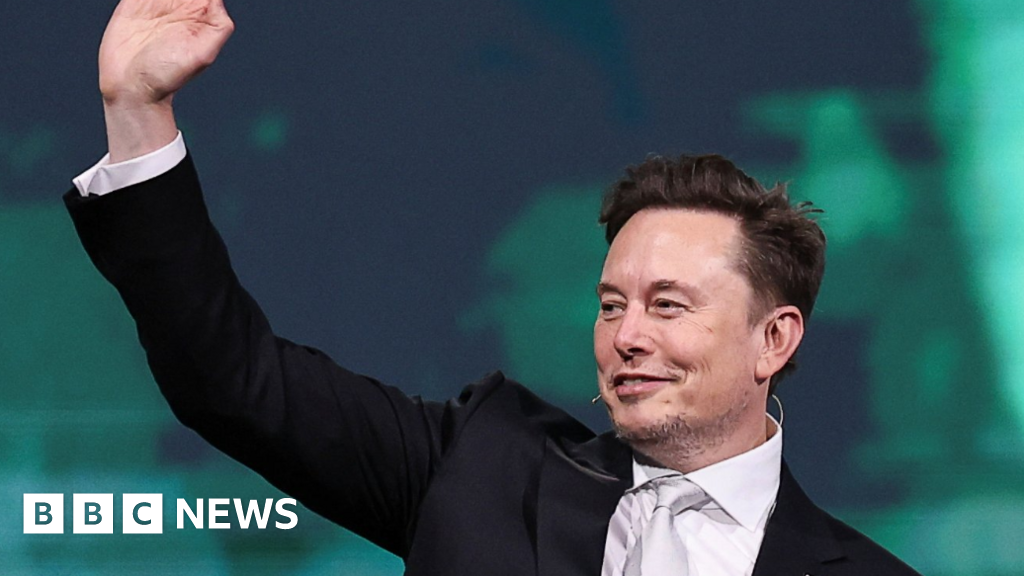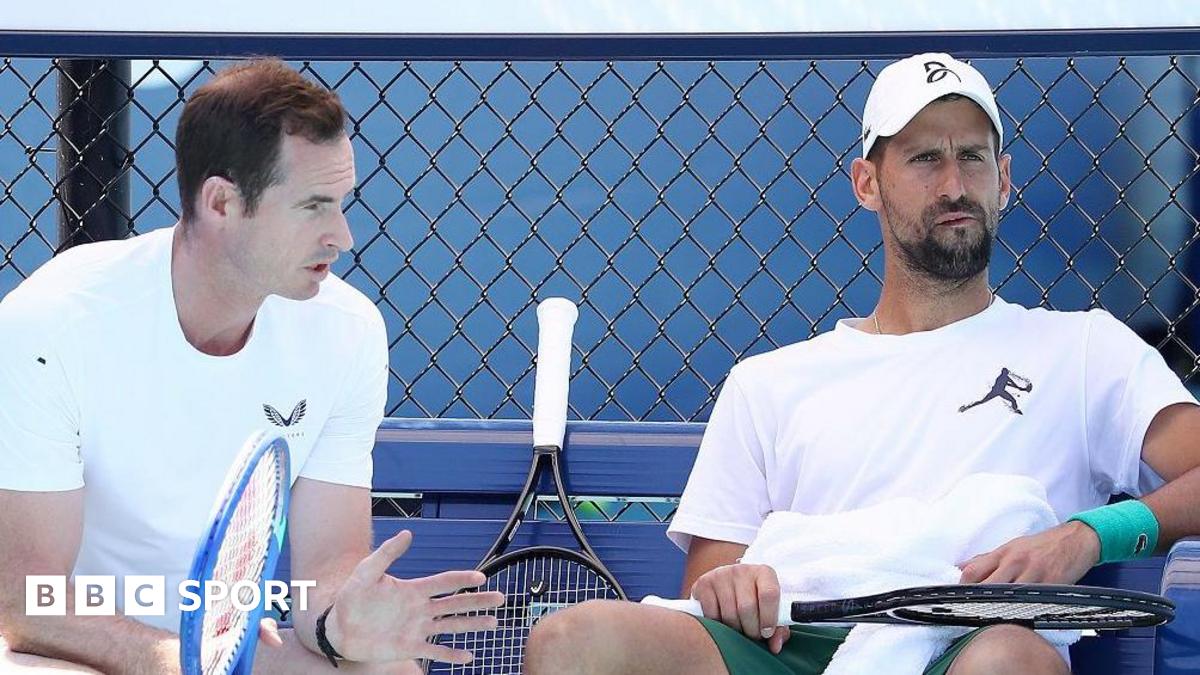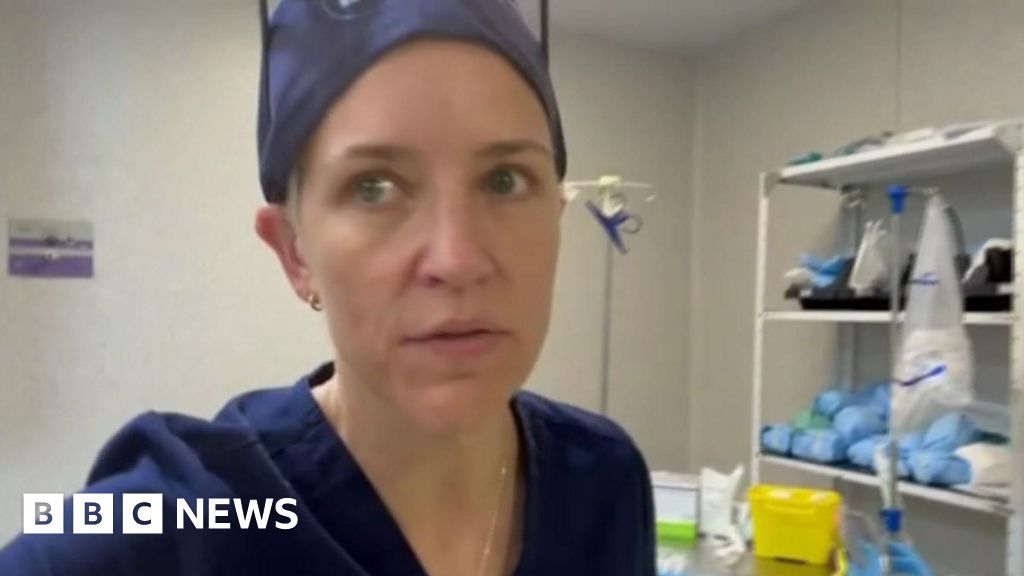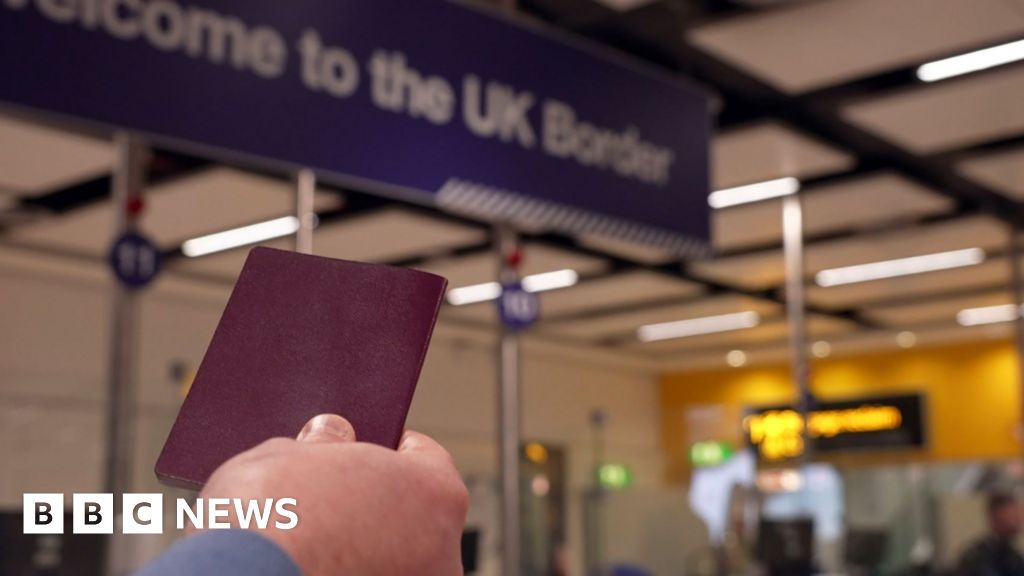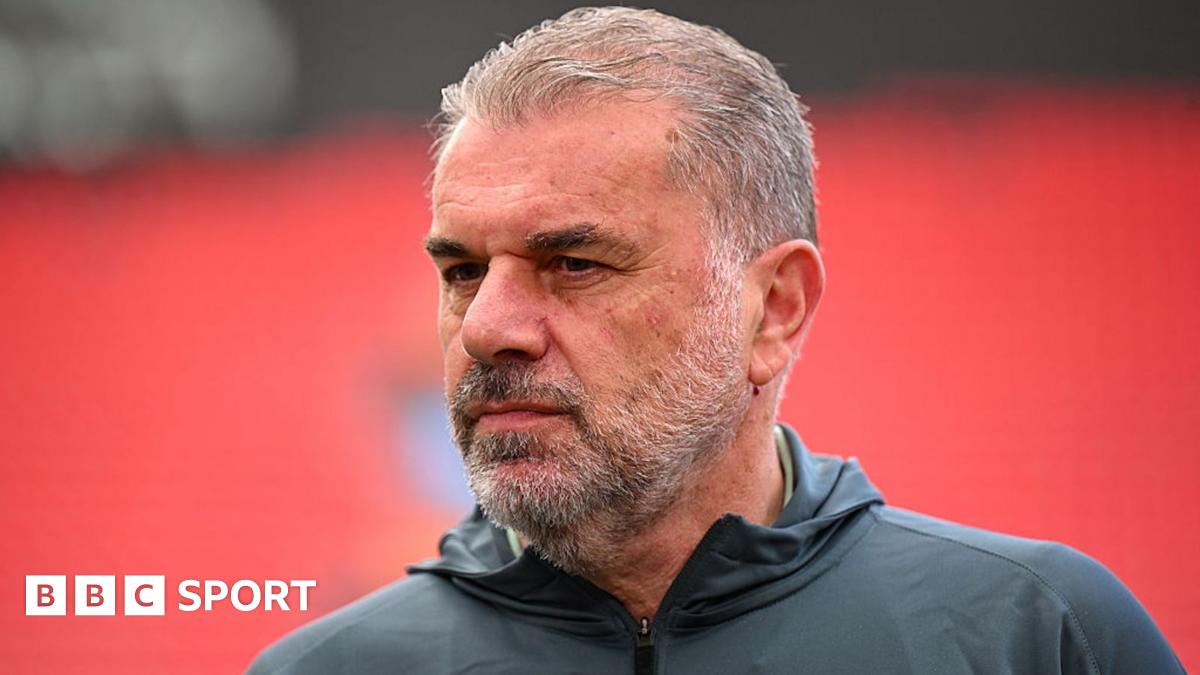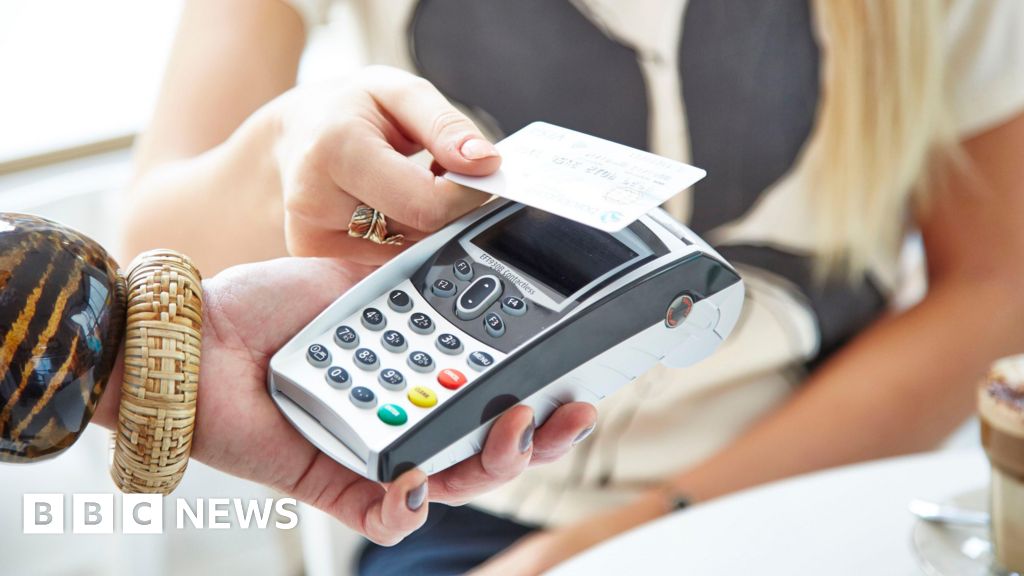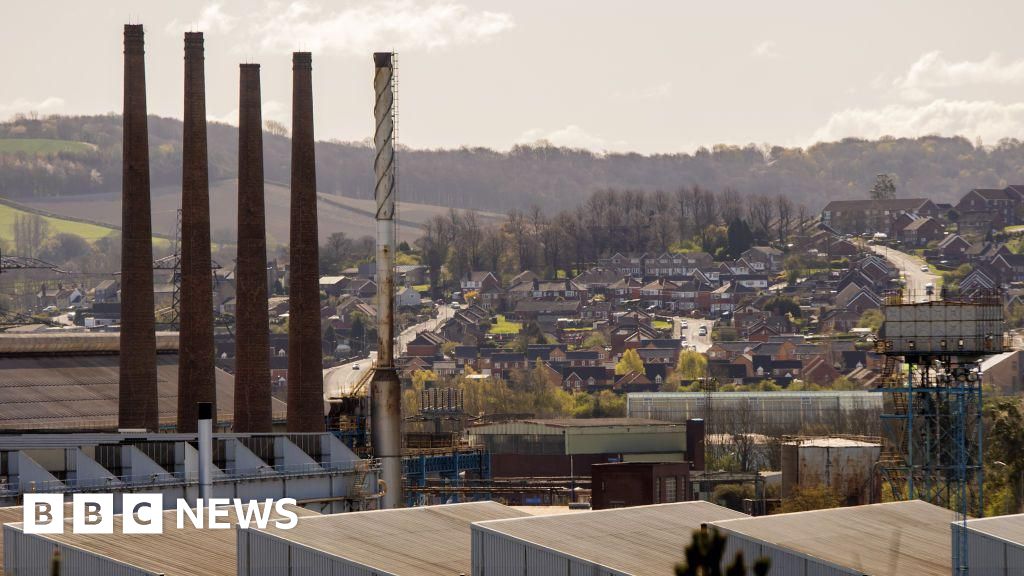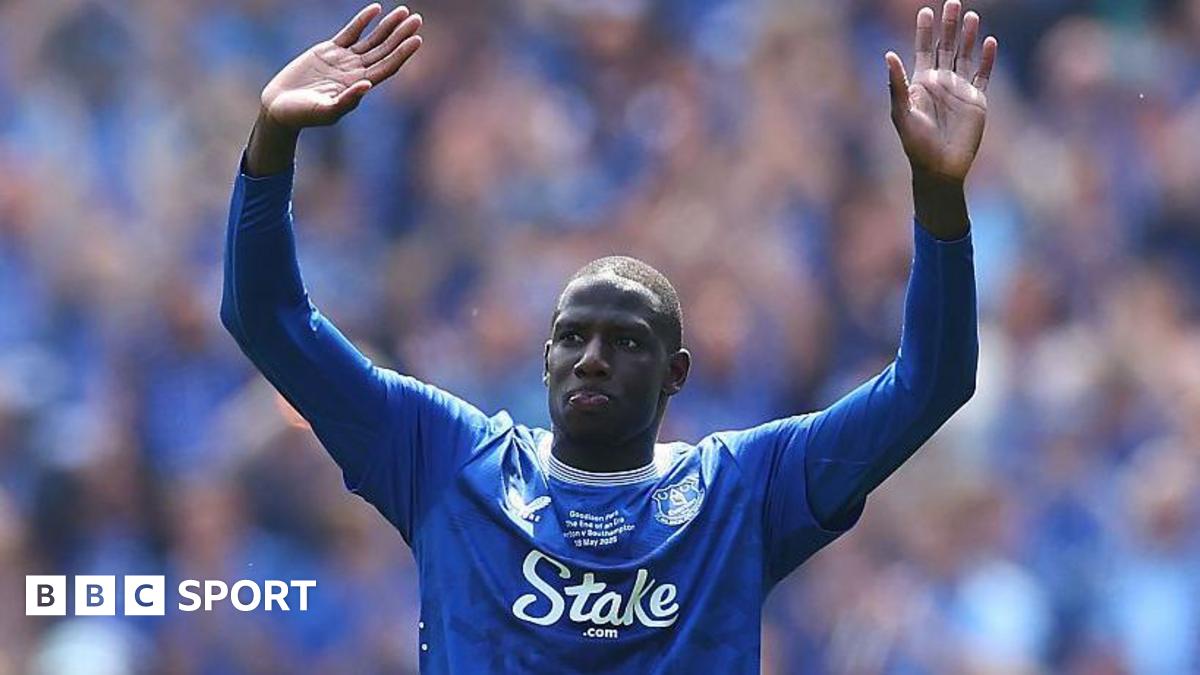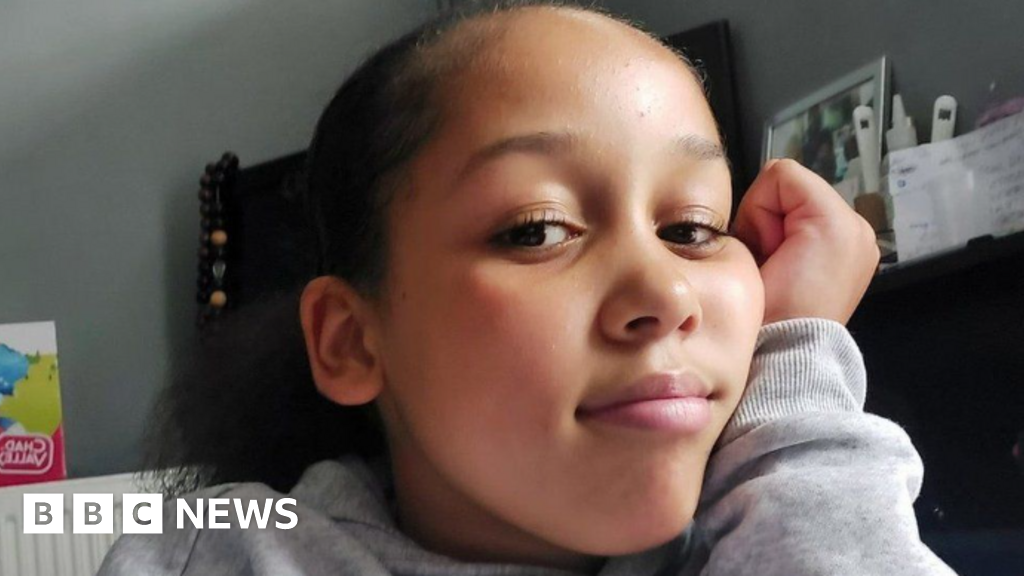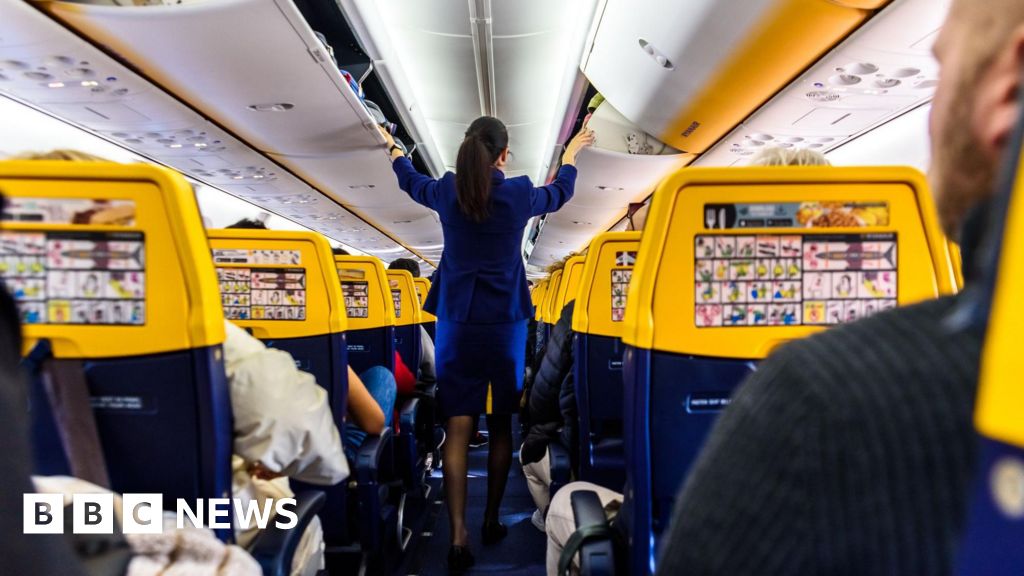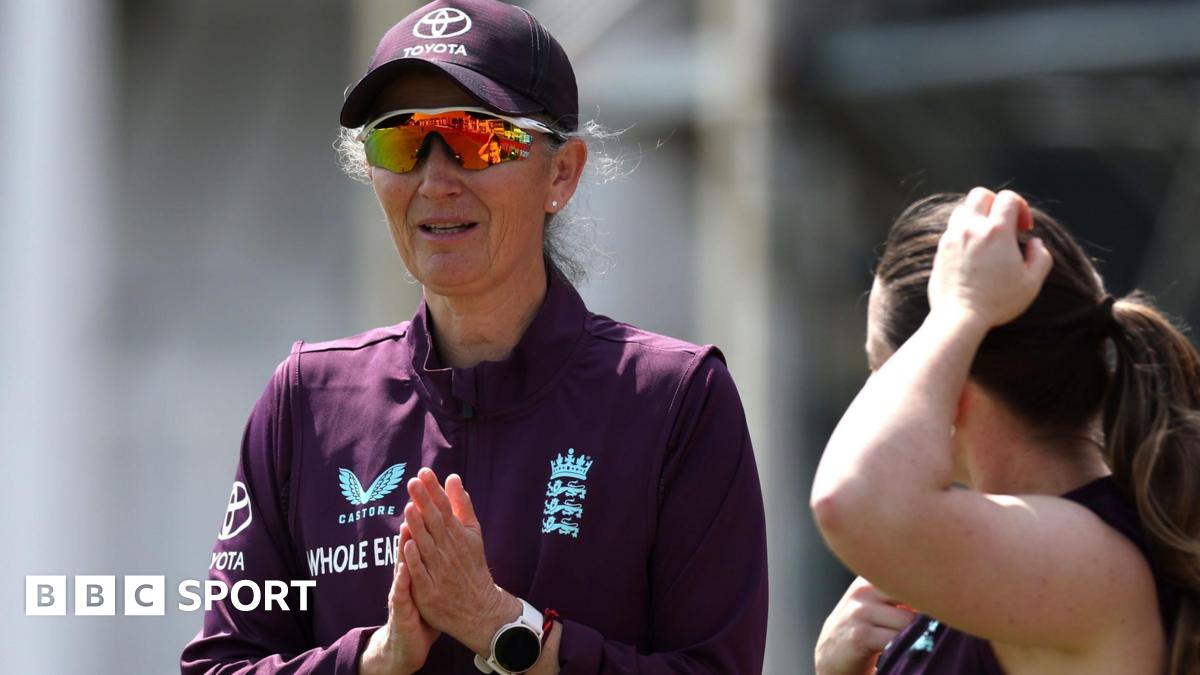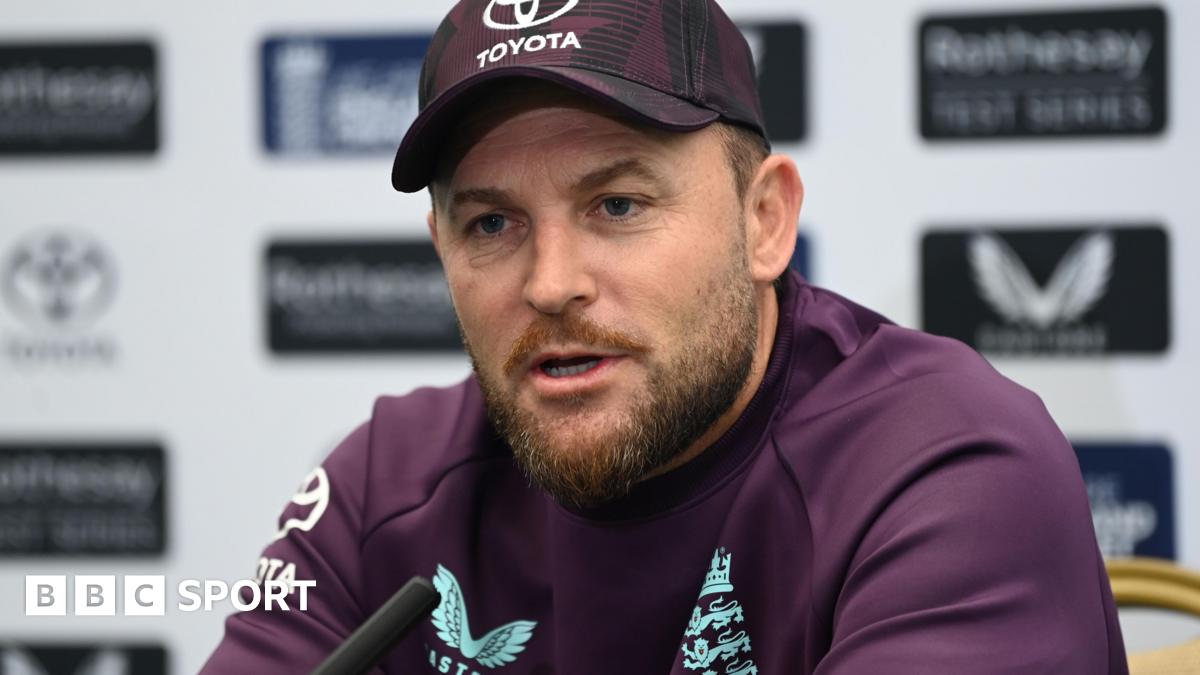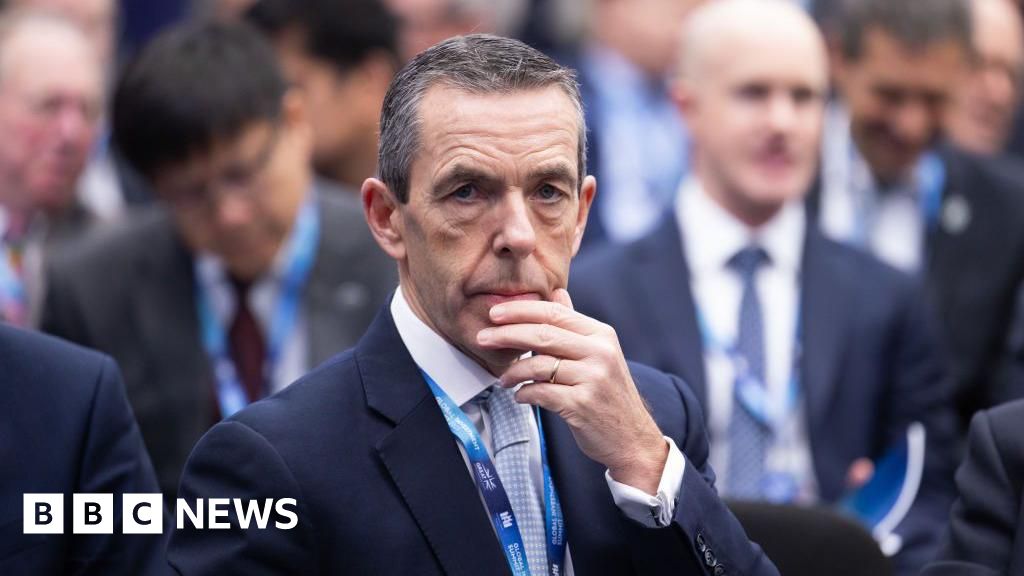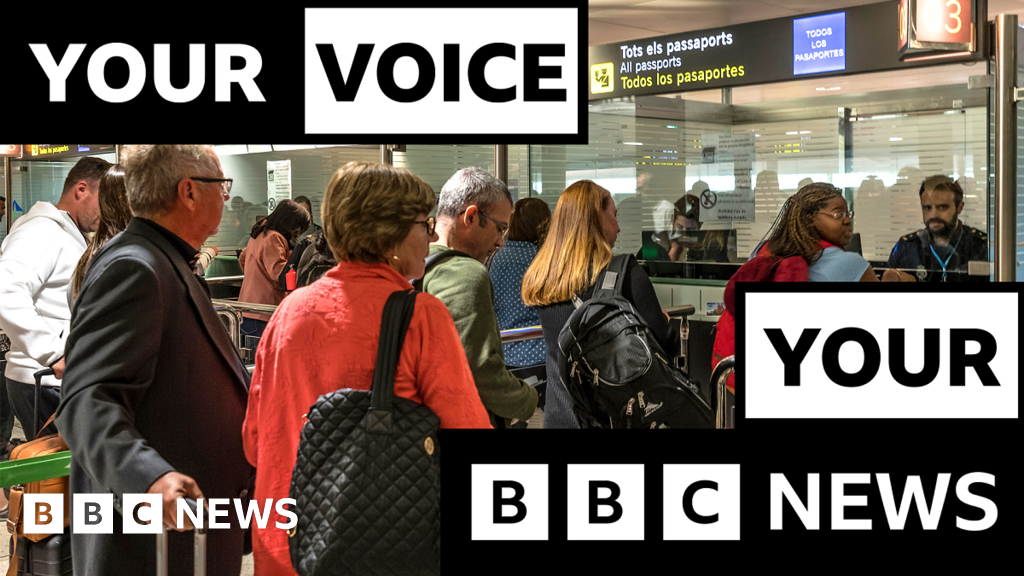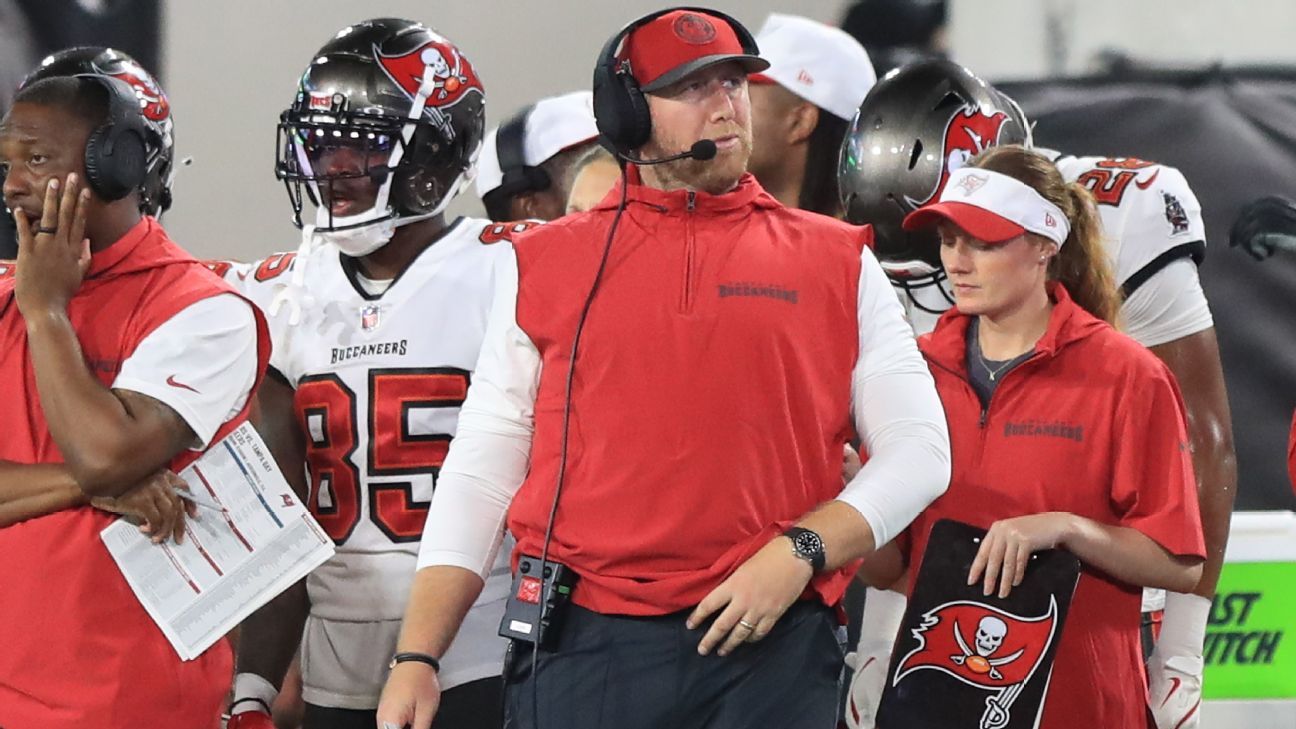Iran's Supreme Leader has expressed doubt that nuclear talks with the US will lead to a new agreement, saying it had made "excessive and outrageous" demands on uranium enrichment.
"We don't think it will lead to any outcome. We don't know what will happen," Ayatollah Ali Khamenei said.
US President Donald Trump said last week that Iran had "sort of" agreed to the terms of a deal following four rounds of talks mediated by Oman since 12 April.
But ahead of another round scheduled for this weekend, Iran's chief negotiator rejected his US counterpart's assertion that it would have to commit to stop producing enriched uranium, which can be used to make reactor fuel but also nuclear weapons.
Trump, who pulled the US out of a 2015 nuclear deal between Iran and world powers during his first term in office, has warned Iran that it could face US and Israeli military action if the talks are not successful.
Iran insists its nuclear activities are entirely peaceful and it will never seek to develop or acquire nuclear weapons.
However, it has breached restrictions imposed by the existing nuclear deal in retaliation for crippling US sanctions reinstated seven years ago, and has stockpiled enough highly-enriched uranium to make several bombs.
Khamenei addressed the latest developments in Iran's negotiations with the US at a ceremony honouring late President Ebrahim Raisi, who died in a helicopter crash one year ago.
He praised Raisi, a fellow hardline cleric, for refusing direct talks with the US while in office.
"He clearly said 'no' without ambiguity," Khamanei noted, adding that Raisi did not let enemies "drag Iran to the negotiating table through threats or tricks".
Khamenei said nuclear talks under Raisi's predecessor, the moderate cleric Hassan Rouhani, had failed to achieve results, and that he did not think there would be any breakthrough under his successor, Masoud Pezeshkian, who is a reformist.
The supreme leader also criticised the Trump administration's approach, saying: "The American side in these indirect talks should avoid nonsensical remarks."
"Saying they will not allow Iran to enrich is a big mistake. No-one waits for their permission."
US special envoy Steve Witkoff told ABC News in an interview on Sunday: "We cannot allow even 1% of an enrichment capability. We've delivered a proposal to the Iranians that we think addresses some of this without disrespecting them."
He added: "We want to get to a solution here. And we think that will be able to."
"But everything begins from our standpoint with a deal that does not include enrichment. We cannot have that. Because enrichment enables weaponisation, and we will not allow a bomb to get here."
Iranian Foreign Minister Abbas Araqchi swiftly responded by warning Witkoff: "Unrealistic expectations stop negotiations, enrichment in Iran is not something that can be stopped."
"I think he is completely at a distance from the reality of the negotiations," he added.
The 2015 deal that Iran reached with then-US President Barack Obama's administration, as well as the UK, France, China, Russia and Germany, saw it limit its nuclear activities and allow inspections by the International Atomic Energy Agency (IAEA) in return for sanctions relief.
Iran was only permitted to enrich uranium up to 3.67% purity, which can be used to produce fuel for commercial nuclear power plants.
In February, the International Atomic Energy Agency warned that Iran had stockpiled almost 275kg (606lb) of uranium enriched to 60% purity, which is near weapons grade. That would theoretically be enough, if enriched to 90%, for six nuclear bombs.

 7 hours ago
7
7 hours ago
7

